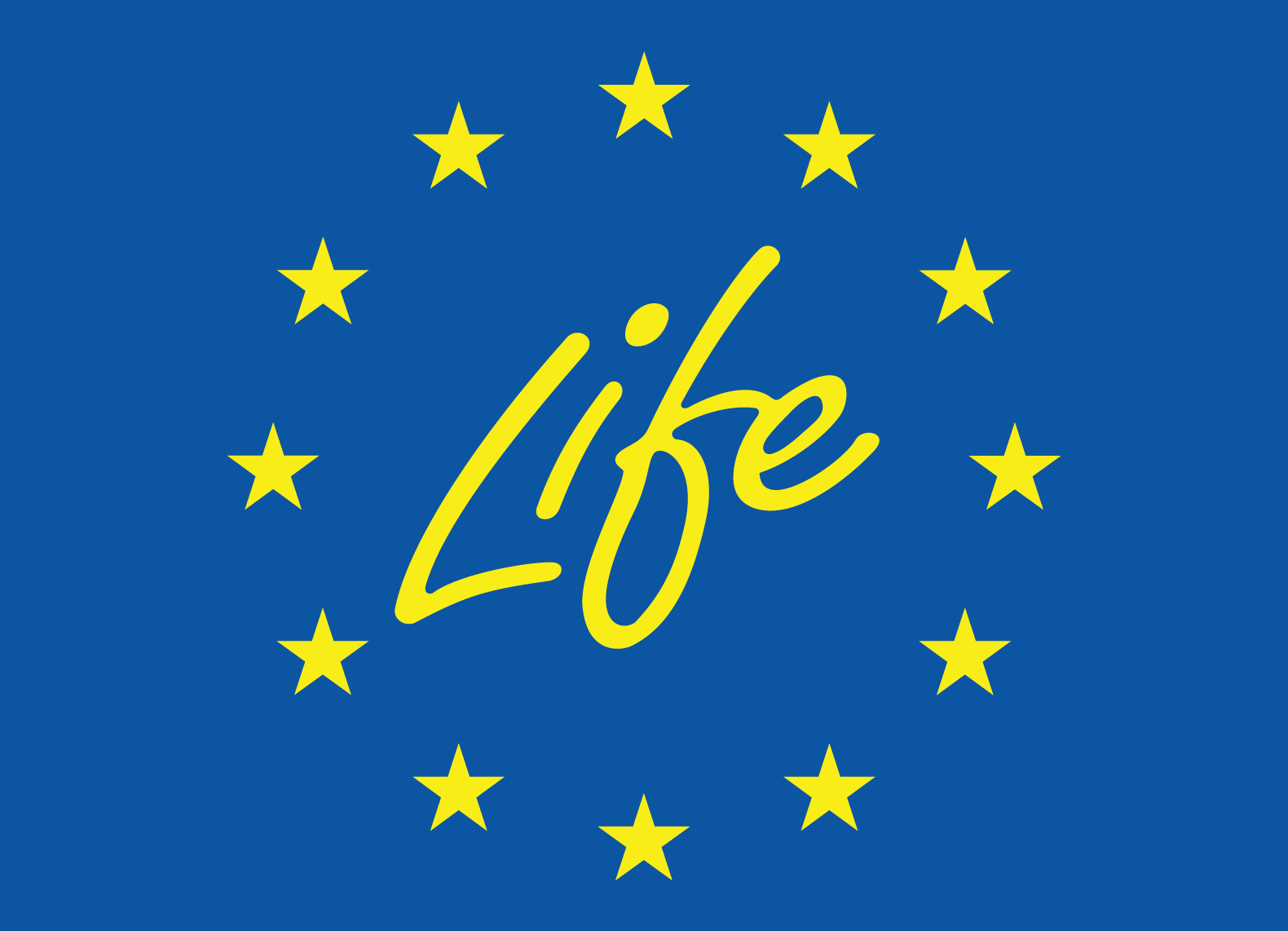A CAP simplification without vision – Farmers and organic sector’s demands left behind
On 15 March the Commission unveiled its long-awaited proposal to review the Common Agricultural Policy (CAP) to further support farmers. While the organic movement believes that measures to support farmers and answer the concerns expressed during last months’ protests are necessary, the Commission’s proposal fails to address the actual issues the agricultural sector and farmers are facing.
Why it the proposal bad for farmers and our environment?
The core of the proposal is scrapping several ‘good agricultural and environmental conditions’ or GAECs. Specifically the conditions (or GAEC’s):
- GAEC 1 and 8 on non-productive features,
- GAEC 7 on crop rotation,
- GAEC 6 on soil cover during sensitive periods, and
- GAEC 9 on damage to permanent grasslands.
Even though we believe that the current CAP’s conditionality was poorly designed and not adapted to the principles (and practice) of organic farming, simply removing them lowers the CAP’s environmental ambitions
even further. It is especially discouraging for farmers who want to transform their farm and farming practices to more sustainable systems like organic because this CAP proposal:
- Does not provide comparative advantage to more ambitious farmers, like organic farmers, who wish to invest in sustainable methods of production;
- Lacks general support for all sustainable production methods.
Even a stronger role for farmers is missing
Adding insult to injury, in its current proposal, the Commission did not provide enough guarantees on the main reason why farmers have been taking to the streets: fair prices and a stronger role in the food supply chain.
This is why as organic movement we resoundingly reject this new CAP proposal as countless environmental NGOs and small farmers’ organisations reacted the same way, deploring the missing opportunity of this review, as well as the lack of civil society’s participation and a truly democratic process.
What happens next?
On 19 March, Members of the European Parliament’s Committee on Agriculture and Rural Development (COMAGRI) exchanged views on the proposal with Commissioner for Agriculture Janusz Wojciechowski. However, the role of the Committee is limited since it does not have the opportunity to intervene in the process; the rules of procedure used for this urgent process only require the intervention of the European Parliament’s Plenary.
During the week of 22 April, the European Parliament’s Plenary will decide whether they accept to vote on the proposal or not. If the plenary agrees to vote, voting will follow immediately.
Organic farmers, your voice matters!
In parallel, on 7 March the Commission opened a farmers’ consultation on simplification giving farmers month to provide their input. However, once again the survey is not adapted to small-scale and organic farmers. As IFOAM Organics Europe, we are raising this problem with the Commission and we are calling on our members to mobilise so the voices of organic farmers are not forgotten.
As IFOAM Organics Europe, the Steering Committee of our interest group of organic farmers (IGOF) worked on a template to answer the consultation. We shared this with all members of our IGOF, encouraging our farmers to reply to this consultation. If you wish to be involved, contact [email protected].
Organic farmers’ involvement within IFOAM Organics Europe
Organic farmers have a voice within IFOAM Organics Europe! Specifically in our Interest Group of Organic Farmers (IGOF), one of our interest groups that provide direct input from the different sectors in IFOAM Organics Europe’s organisation. They formulate policies and positions relevant to their sector. IFOAM Organics Europe’s members can access a list of its current members and the terms of reference on the member extranet.
Are you an IFOAM Organics Europe member who is:
- An organic farmer interested to become part of the IGOF? Contact [email protected];
- Having issues accessing the member extranet? Contact [email protected].
Are you interested in becoming part of the IGOF? You have to be a member of IFOAM Organics Europe to do so. Contact [email protected] for details.

The work of IFOAM Organics Europe on this topic is co-financed by the LIFE programme of the European Union, under the Climate, Infrastructure and Environment Executive Agency (CINEA). This page only reflects the views of the authors and its sole responsibility lies with IFOAM Organics Europe. The CINEA is not responsible for any use that may be made of the information provided

